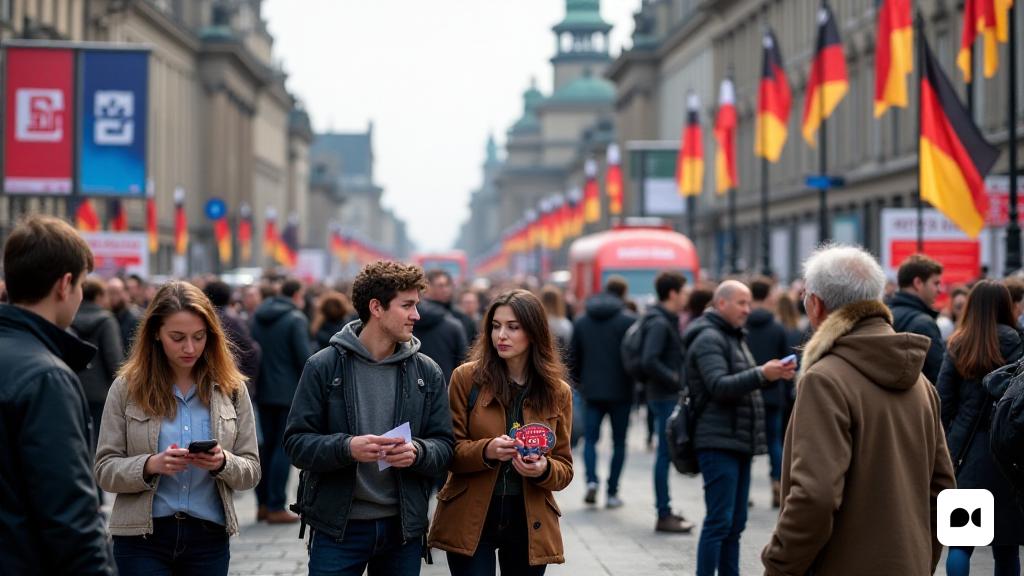A key day for European destination
This Sunday, German citizens are preparing for elections that could determine not only the course of their country, but also the future of a whole continent. Surveys indicate that the two predominant options are the continuity of a centrist government or a turn to ultra -conservadurism.
The main actors on the political board
The CDU (Christian Democratic Union) presents itself as the main political force with 30% support, while the Social Democrats of the SPD, who are struggling to recover from a difficult time, only reach 15%. In third place is AFD, a party that has captured the electorate’s attention with a vote intention of more than 20%.
Two alternatives: continuity or revolution
In front of a scenario that rules out a left -wing coalition, the options are reduced to two: a large coalition between the CDU and the SPD, which could maintain the status quo, or a pact between the CDU and AfD that could cause A radical change in the country’s policies.
Factories that influence the decision
German voters face a series of challenges that include an economic recession and a migratory crisis that mark the context of these elections. The results will not only affect Germany, they will also have an impact on European political dynamics.
The impact on the future of Europe
An ultra-conservative government in Germany could close a growth cycle of right-wing parties throughout Europe, which has begun to spread from the Nordic countries to the heart of the continent. Political polarization, with the rise of anti -immigration parties, has significantly altered the European political scene.
Repercussions on community policies
The reaction of European politics to immigration, as well as the reforms of the migration and asylum, would be affected by the electoral result. Also, the election could influence the way countries like France and Spain face their own internal crises.
A mirror of European crises
This Sunday’s election is a reflection of the decline of the European project, with immigration as a central theme. The promise of foster care has given way to a crisis that extends without an end to the sight, while the security becomes a priority.
Beyond German borders
The results will not only determine the future of Germany, but will also influence global issues such as the Ukraine crisis, economic stagnation and the transition to a more sustainable economy. The management of the new government could redefine European priorities for years.
An uncertain future
The possibility of a centrist government could offer stability, but the inclusion of AFD in government would mean a radical change that could affect not only internal policy, but also the global landscape of the left and progressive policies in Europe.

